3 Future-Proof AI Investment Strategies for Tech Disruption
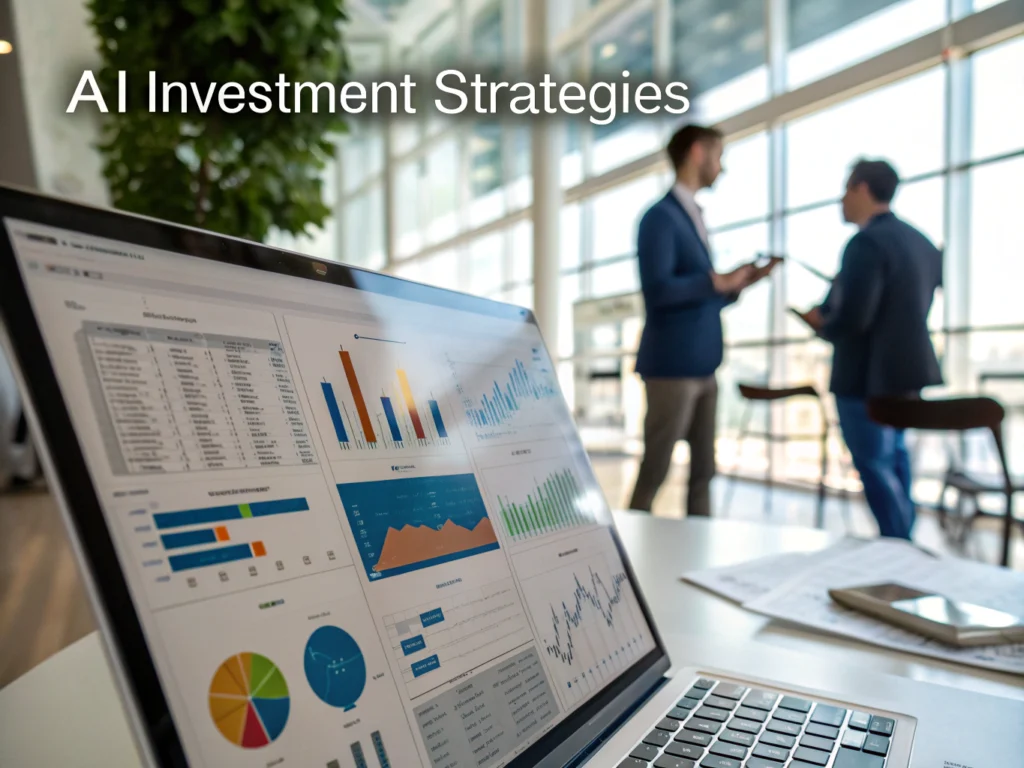
Are You Prepared for the AI Revolution? Navigating the World of AI Investment Strategies
The rapid advancement of artificial intelligence is no longer a futuristic fantasy; it’s a present-day reality reshaping industries and creating unprecedented opportunities for investors. But amidst the buzzwords and hype, a crucial question remains: are you equipped to navigate the complex landscape of AI Investment Strategies? The potential for significant returns is undeniable, but so are the inherent risks. This comprehensive guide delves into the intricacies of investing in AI, exploring key concepts, data-backed insights, smart strategies, real-world applications, and potential pitfalls. We’ll equip you with the knowledge to make informed decisions and potentially capitalize on this transformative technological wave.
Key Concepts & Trends
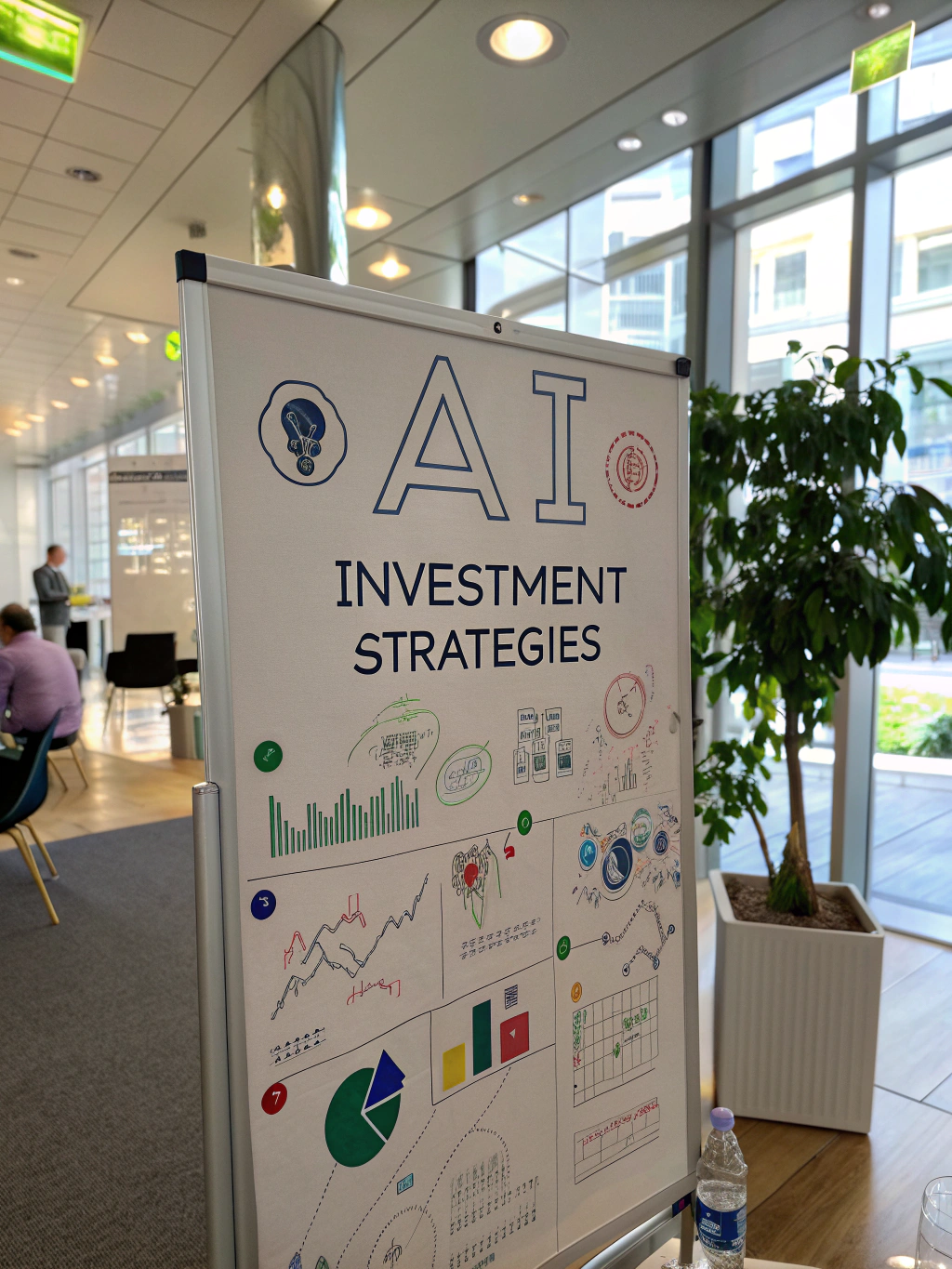
The AI investment landscape is dynamic, constantly evolving with breakthroughs in machine learning, deep learning, natural language processing, and computer vision. Several key concepts and trends are shaping the current investment climate:
Generative AI: This burgeoning field, exemplified by tools like ChatGPT and Midjourney, is rapidly gaining traction. Investors are focusing on companies developing generative models for content creation, code generation, and drug discovery. The potential to automate creative and complex tasks presents a massive market opportunity.
AI-Powered Automation: Businesses across sectors are leveraging AI to automate repetitive tasks, optimize workflows, and improve efficiency. This translates into increased productivity and cost savings, making AI a compelling investment area. We’re seeing this particularly in areas like robotic process automation (RPA) and intelligent automation platforms.
Edge AI: Processing AI algorithms closer to the data source (e.g., in devices like smartphones and autonomous vehicles) is gaining momentum. This reduces latency, enhances privacy, and enables real-time decision-making, creating investment opportunities in hardware and software for edge computing.
AI Infrastructure: The demand for robust computing power, data storage, and specialized AI chips (GPUs, TPUs) is driving investment in the underlying infrastructure that supports AI development and deployment. Companies providing these foundational elements are crucial players in the AI ecosystem.
Data & Market Insights
The AI market is experiencing explosive growth. According to a recent report by Grand View Research, the global AI market size was valued at USD 254.71 billion in 2022 and is projected to reach USD 1029.06 billion by 2030, growing at a CAGR of 24.1%.
Venture Capital Investment: Venture capital funding in AI startups reached a record $28.5 billion in 2022, demonstrating strong investor confidence. [Link to a relevant report showcasing VC funding trends in AI]
Enterprise Adoption: A McKinsey report highlights that approximately 60% of large enterprises have either already adopted AI or are actively exploring its potential. [Link to a relevant McKinsey report] This widespread adoption signifies a clear market demand and future growth potential.
Industry-Specific Growth: AI is impacting various sectors at different paces. Healthcare, finance, retail, and manufacturing are showing particularly strong adoption rates, presenting targeted investment opportunities.
Smarter Strategies & Alternatives
Beyond simply picking AI stocks, a more strategic approach is crucial. Consider these alternatives:
Thematic ETFs: Investing in exchange-traded funds (ETFs) focused on AI provides diversified exposure to a basket of AI-related companies, mitigating individual stock risk.
Private Equity: For higher risk-reward profiles, exploring private equity investments in promising AI startups can be lucrative but requires careful due diligence.
Crowdfunding Platforms: Platforms dedicated to early-stage AI ventures offer opportunities to invest smaller amounts in innovative projects.
Focusing on Specific AI Applications: Instead of broad AI investments, consider focusing on companies applying AI to specific problems you understand well.
Use Cases & Applications
The practical applications of AI are vast and continuously expanding:
Healthcare: AI is revolutionizing diagnostics, drug discovery, personalized medicine, and patient care. Companies like PathAI are using AI to improve the accuracy and speed of pathology diagnoses.
Finance: AI powers fraud detection, algorithmic trading, risk assessment, and customer service chatbots. Fintech companies are at the forefront of this transformation.
Retail: AI enables personalized recommendations, supply chain optimization, inventory management, and automated customer support.
Autonomous Vehicles: The development of self-driving cars relies heavily on computer vision, machine learning, and sensor fusion – all core areas of AI.
Common Mistakes to Avoid
Investors often fall into these traps when entering the AI space:
Chasing Hype: Investing in companies solely based on buzzwords without understanding their underlying technology or business model. Thorough research is paramount.
Ignoring Valuation: Overpaying for AI stocks due to market exuberance. Focus on fundamental analysis and realistic valuations.
Lack of Diversification: Putting all your eggs in one AI basket. Diversify across different sub-sectors and company sizes.
Underestimating Regulatory Risks: AI is a rapidly evolving field subject to increasing regulatory scrutiny. Be aware of potential legal and ethical challenges.
Maintenance, Security & Long-Term Planning
As AI investments mature, consider these aspects:
Cybersecurity: AI systems are vulnerable to cyberattacks. Invest in companies prioritizing robust security measures.
Data Privacy: Ensure compliance with data privacy regulations (e.g., GDPR, CCPA).
Scalability: Consider the long-term scalability of AI solutions and the company’s ability to adapt to evolving technologies.
Continuous Learning: The AI field requires continuous learning and adaptation. Stay informed about the latest advancements and adjust your investment strategy accordingly.
Summary & Key Takeaways
The world of AI Investment Strategies presents exciting opportunities for those willing to do their homework and adopt a strategic approach. While the potential for high returns is significant, it’s crucial to be aware of the associated risks and avoid common pitfalls. By understanding key concepts, analyzing market trends, diversifying investments, and focusing on long-term value, you can navigate this transformative landscape with greater confidence.
Ready to dive deeper? Share your thoughts on the future of AI investment in the comments below! Don’t forget to explore disruptive technology portfolio for broader insights into technological disruption.
FAQs
Is it too late to invest in crypto related to AI? While the crypto market is volatile, the intersection of AI and blockchain (DeFi) presents intriguing opportunities. However, thorough research and risk assessment are essential.
How can small businesses use AI? Small businesses can leverage readily available AI tools for tasks like customer service chatbots, marketing automation, and data analysis without significant upfront investment.
What tech stacks scale best for AI applications? Cloud-based platforms like AWS, Azure, and Google Cloud offer scalable infrastructure for AI deployment. Python is a popular programming language for AI development.
Disclaimer: I am not a financial advisor. This is not financial advice.
Always conduct thorough research and consult with a qualified financial advisor before making any investment decisions.
Share this content:

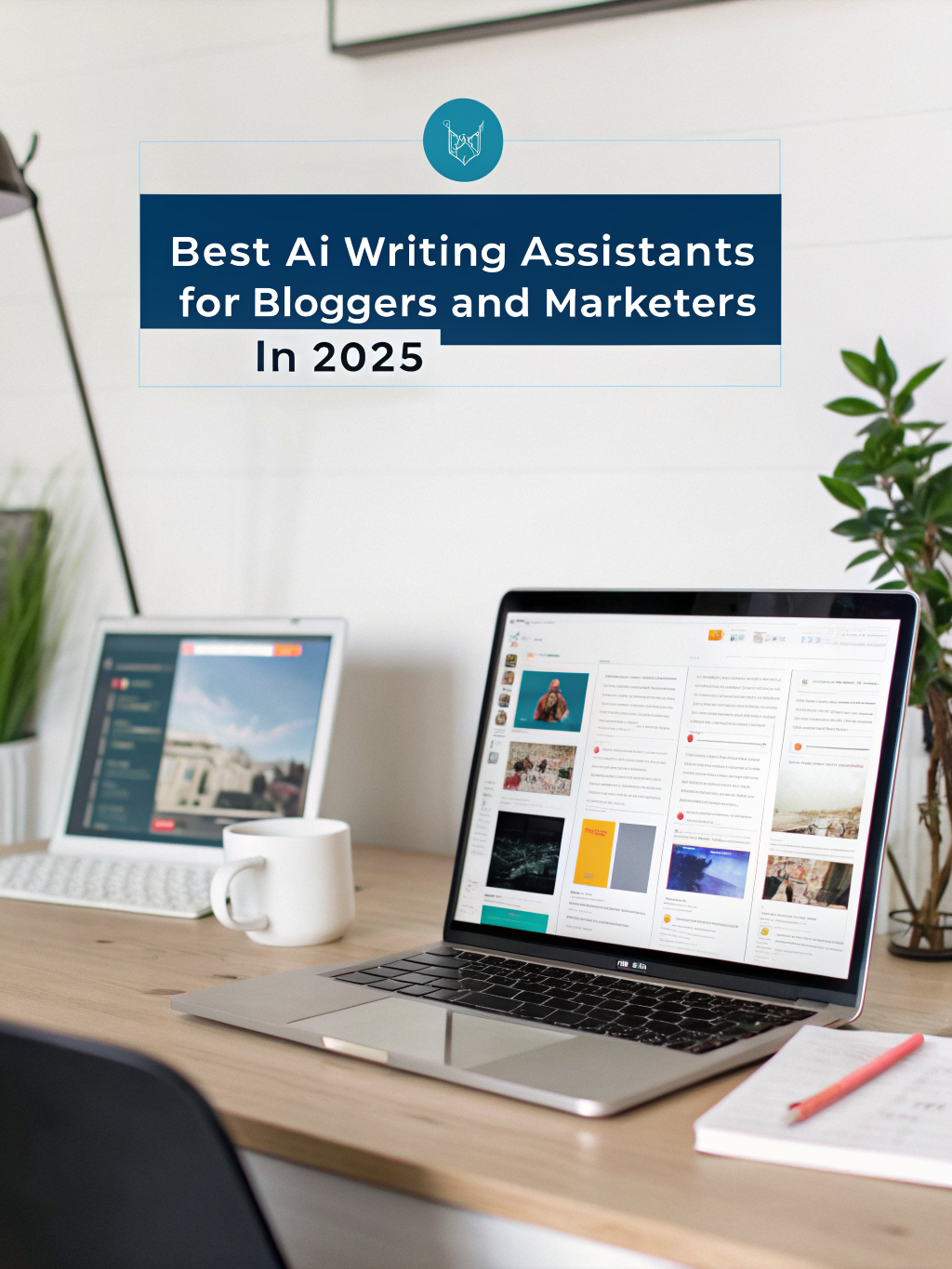
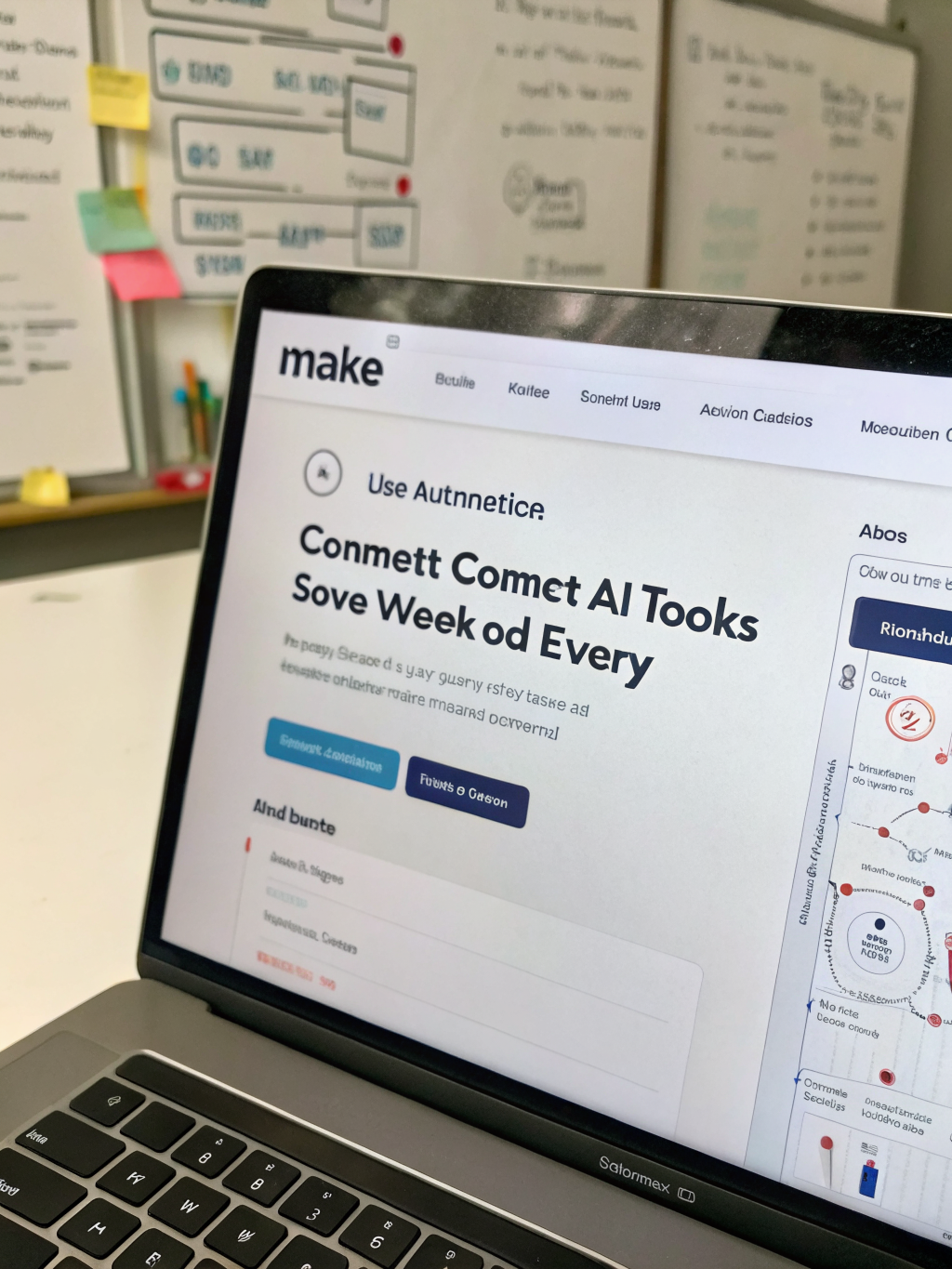
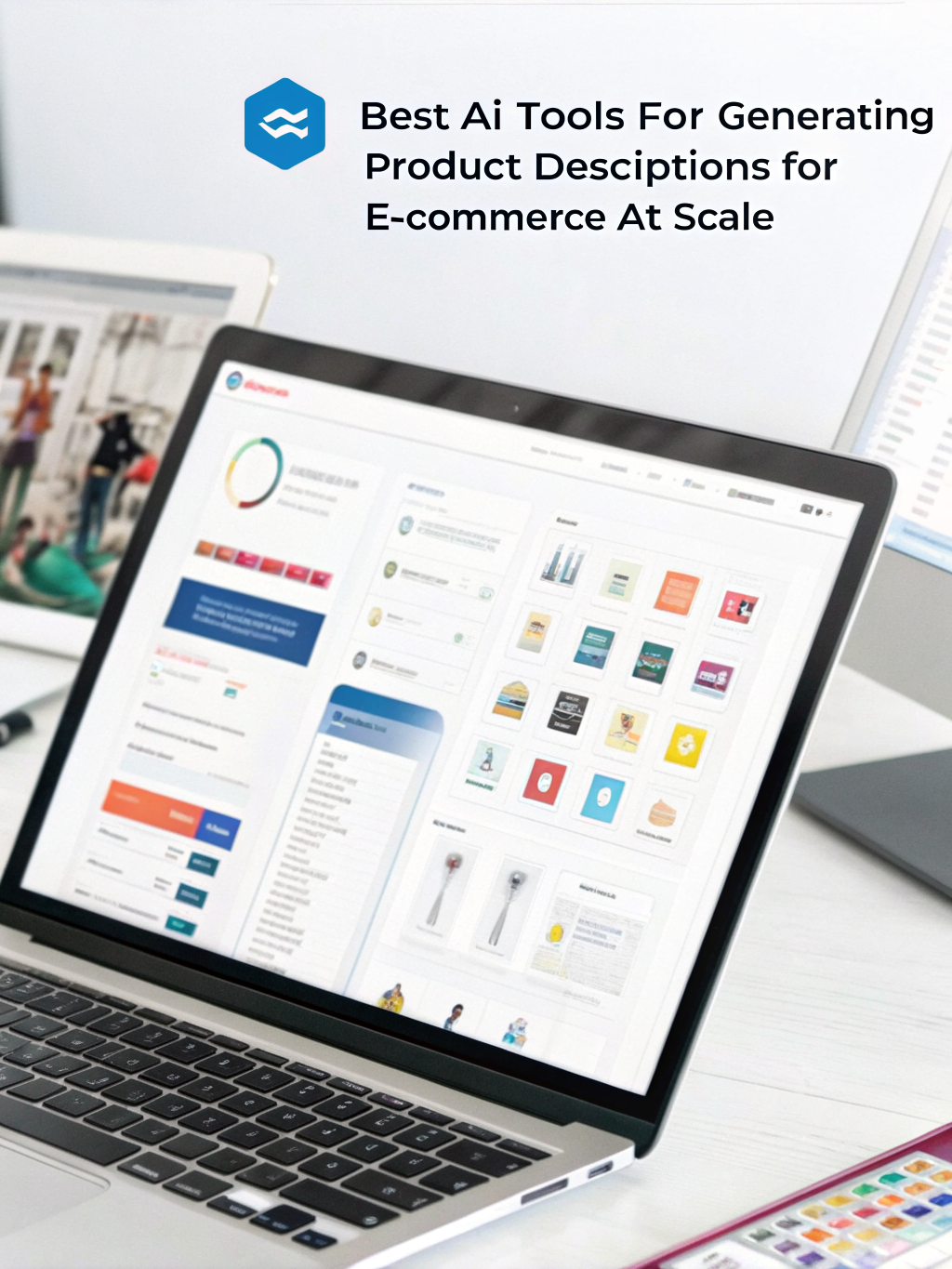
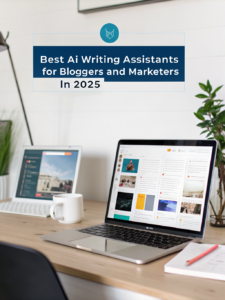
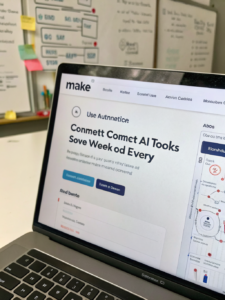
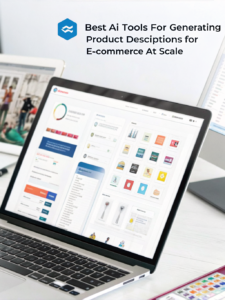
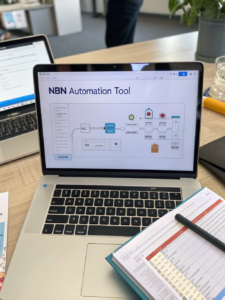

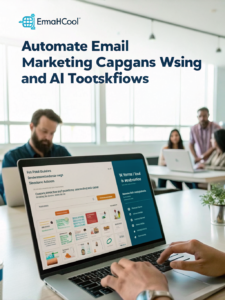



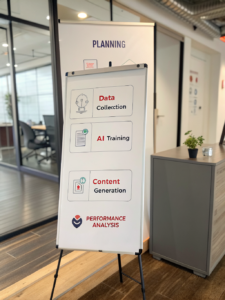
Post Comment